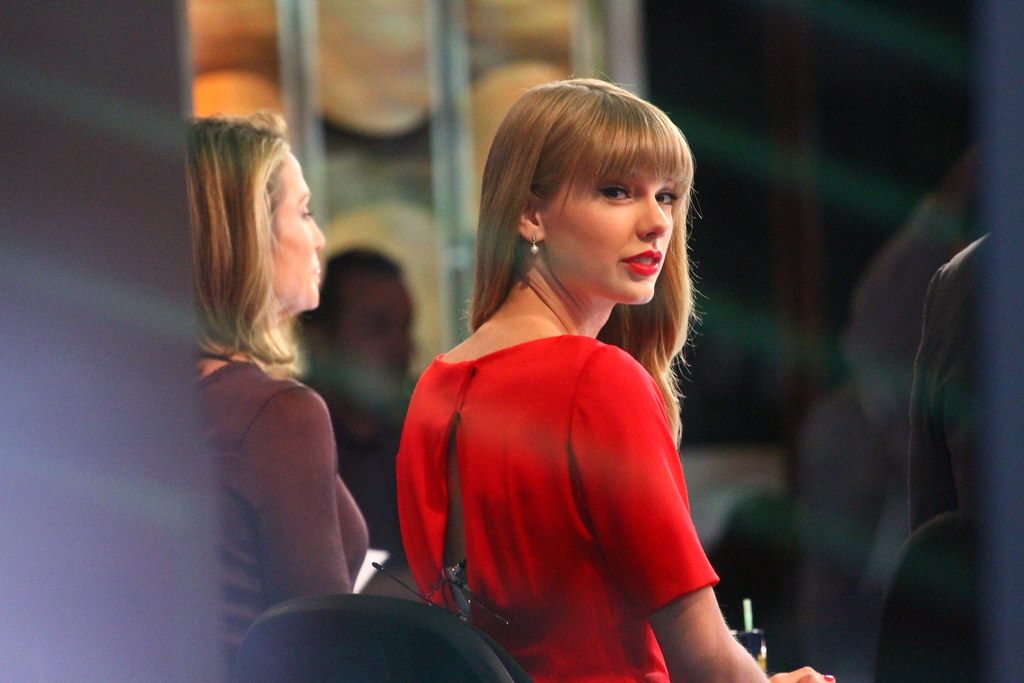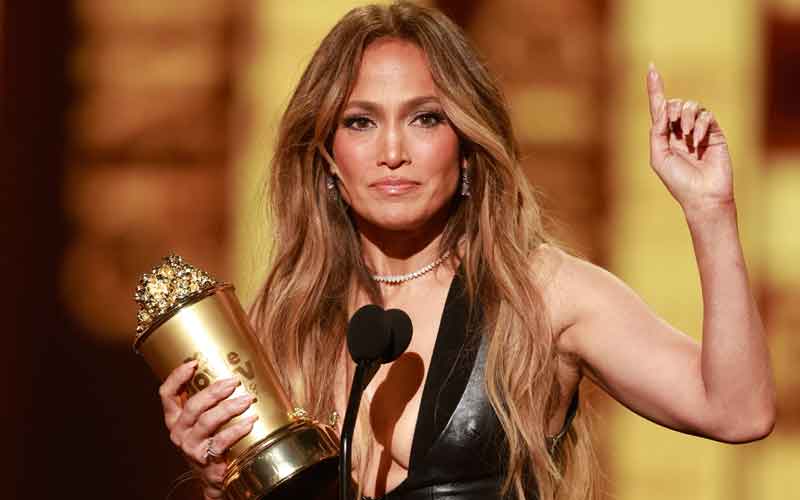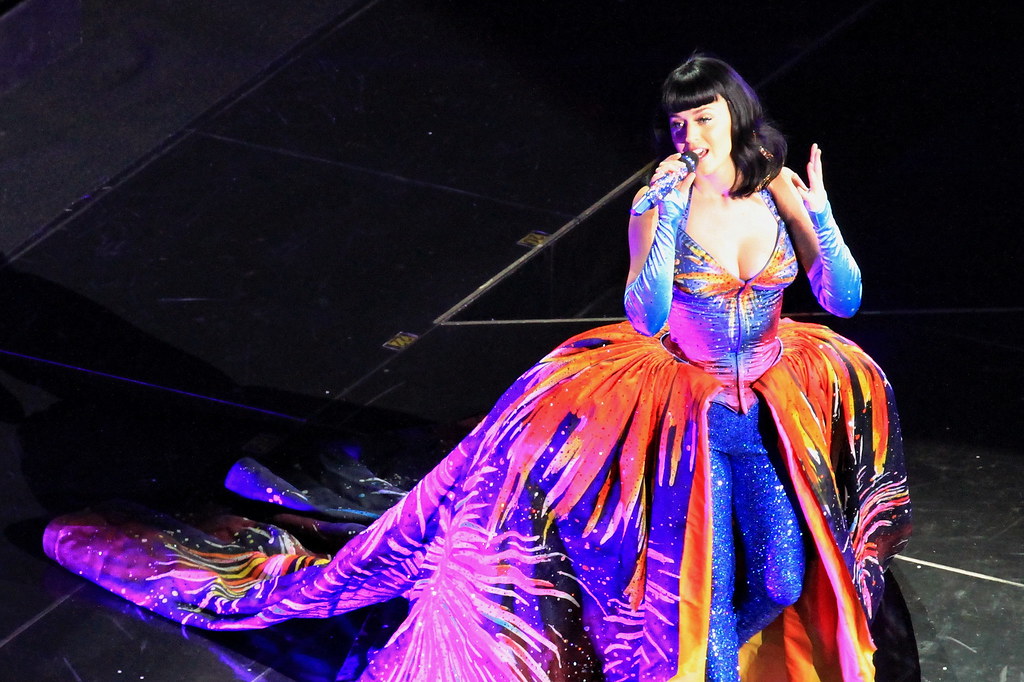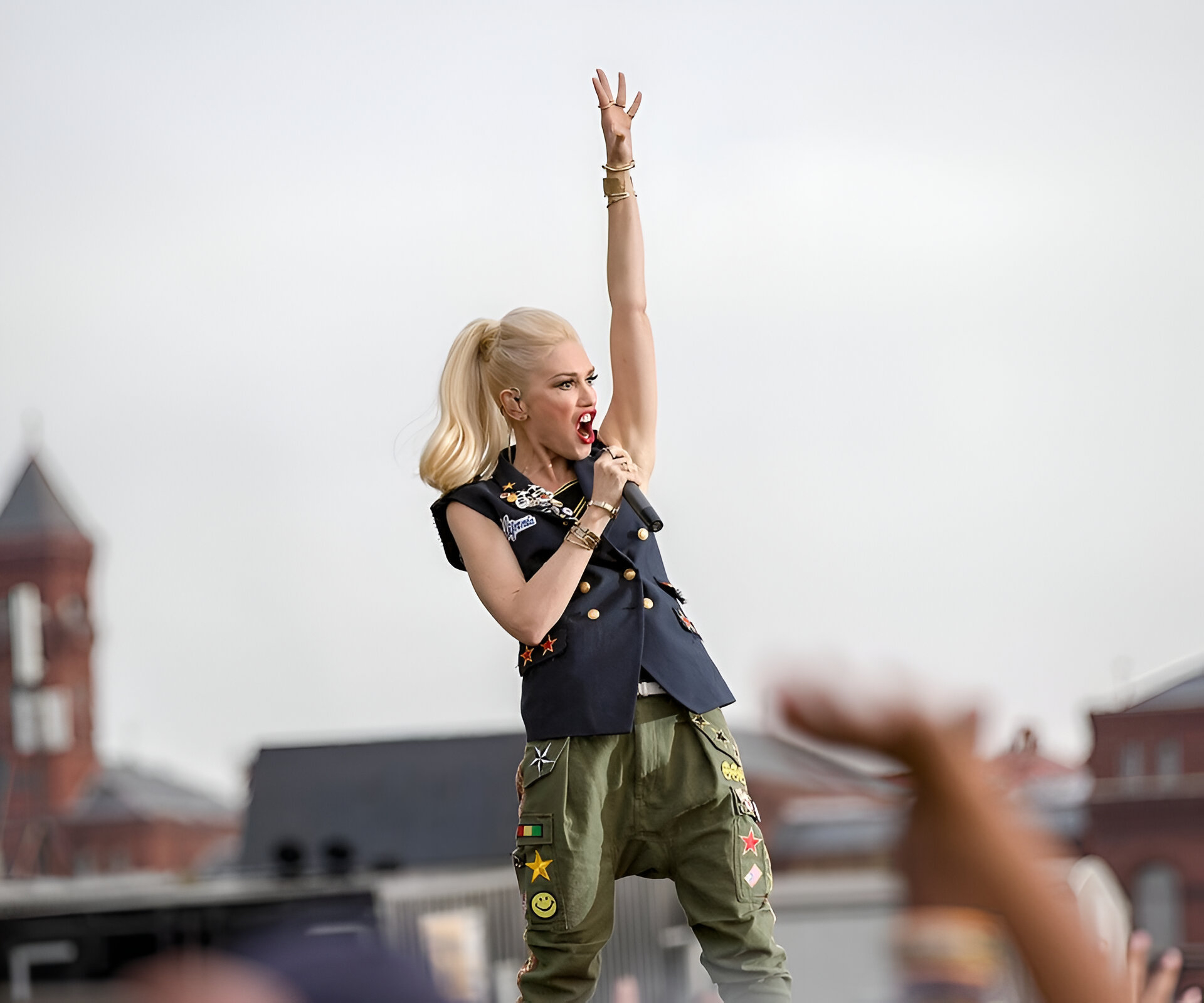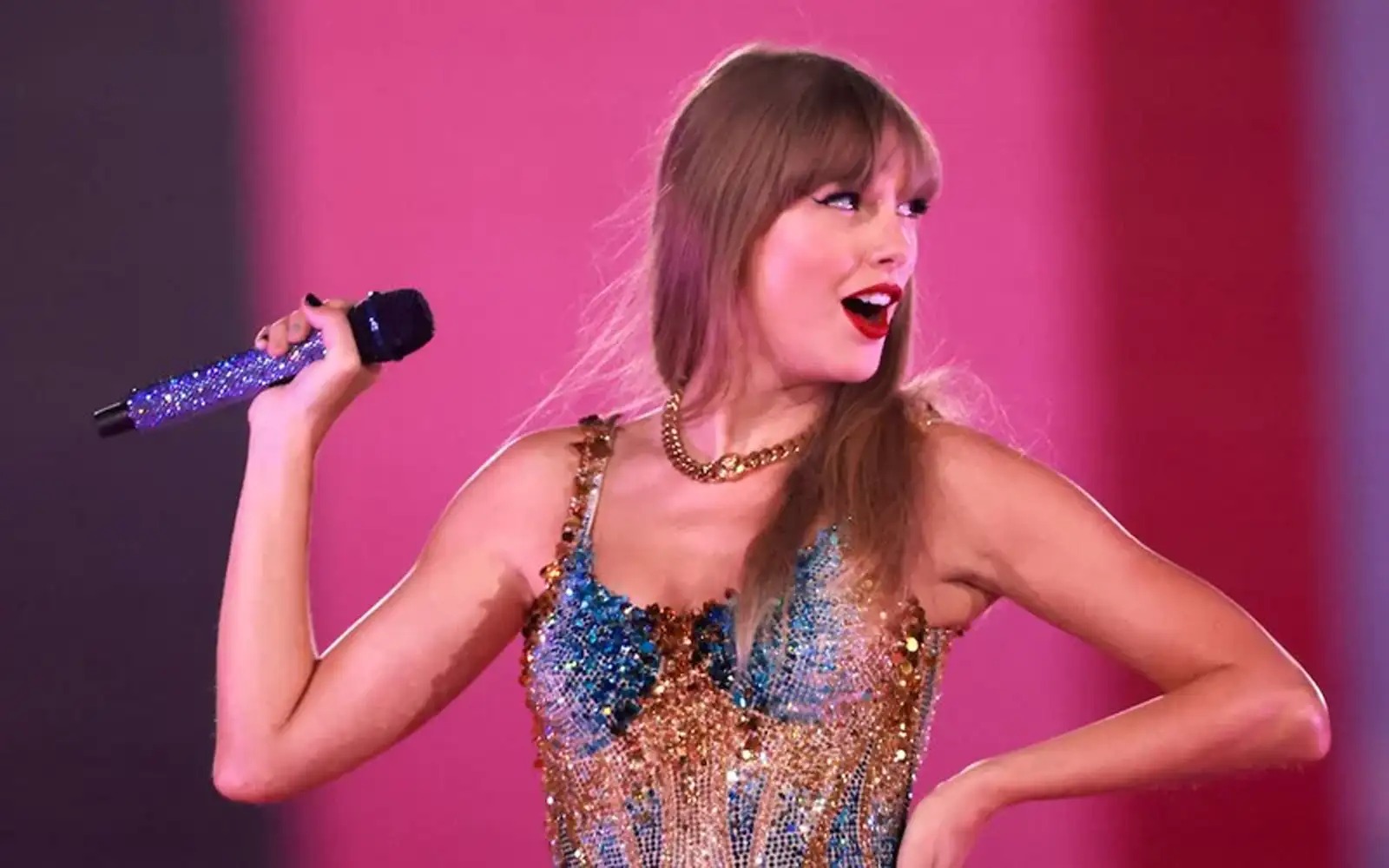Taylor Swift just cranked the volume on her feud with Kanye West to eleven. According to the Daily Mail, the pop superstar has issued a cease and desist order following what they described as “inappropriate and potentially defamatory claims” about her personal life.
The legal notice demands West immediately stop sharing statements about Swift’s personal life that her representatives characterize as “false and deeply invasive,” according to the official statement. In other words, it isn’t very charitable.
A History of Conflict
This face-off adds another chapter to the contentious relationship these artists have maintained since the 2009 VMAs incident, which was broadcast live and witnessed by millions. Their public disputes have included disagreements over song lyrics and recorded conversations that have been extensively covered by entertainment media over the years.
Legal Implications
Cease and desist orders represent a formal legal step that can precede more significant legal action if the recipient doesn’t comply with the demands. The report noted that in entertainment industry disputes, these orders typically address issues of defamation, copyright infringement, or invasion of privacy.
The American Bar Association has previously published guidance stating that cease and desist letters serve as documented evidence that the recipient was formally notified of potential legal issues, which can be significant if cases proceed to court.
The Bigger Picture
This clash highlights the increasingly complex intersection between celebrity disputes and legal proceedings. In recent years, several high-profile entertainers have turned to legal channels rather than public statements to address conflicts.
As this situation continues to develop, it demonstrates how the entertainment industry’s conflicts now frequently extend beyond public disagreements into formal legal territory—transforming what once might have remained a public relations matter into potential courtroom proceedings.


